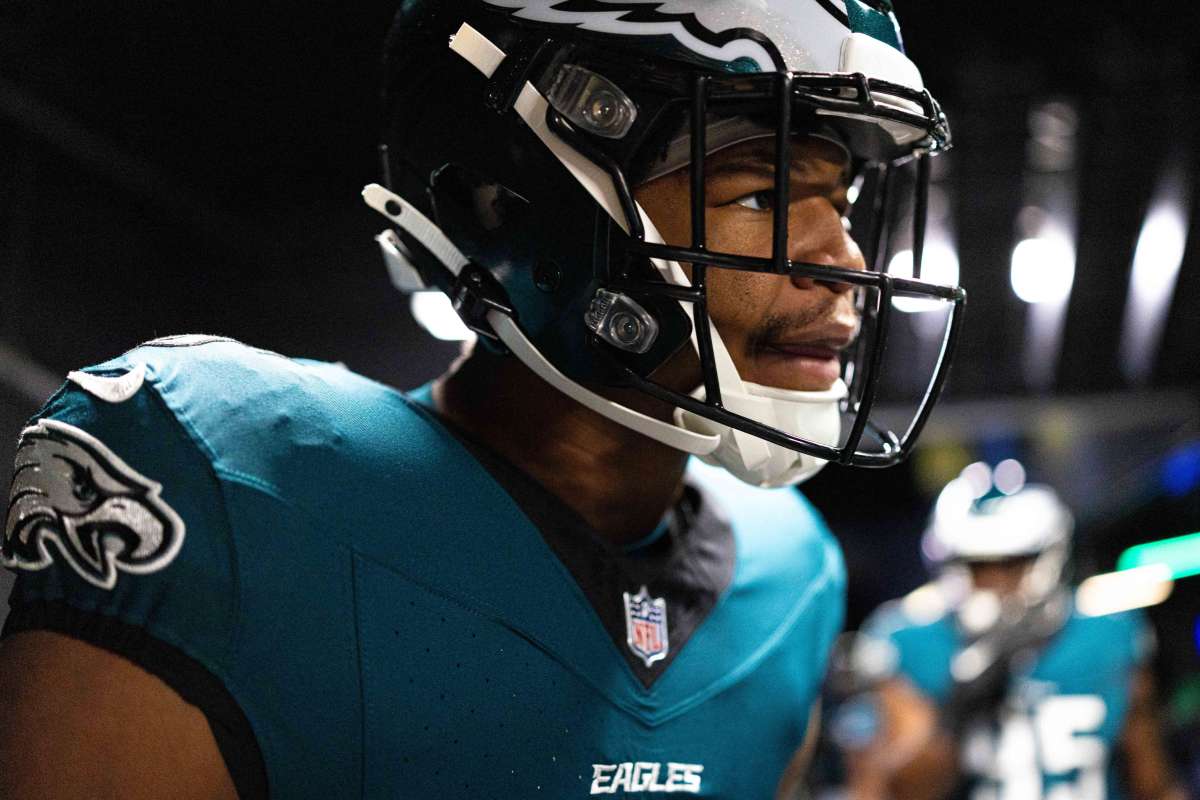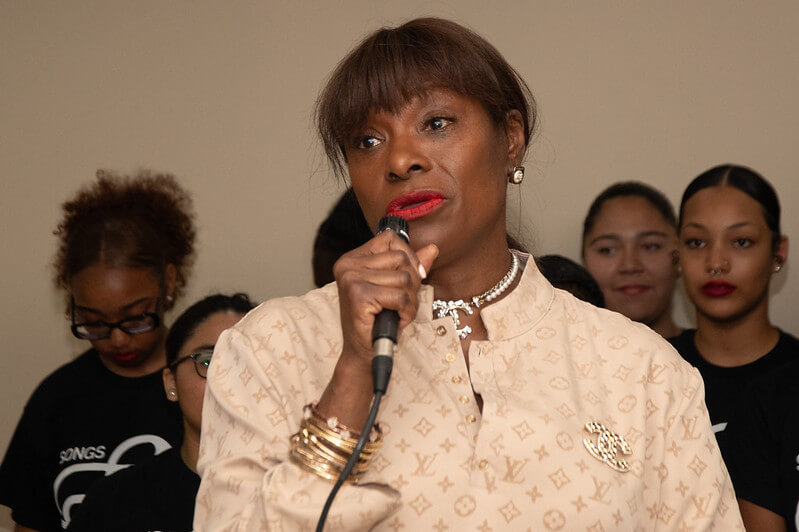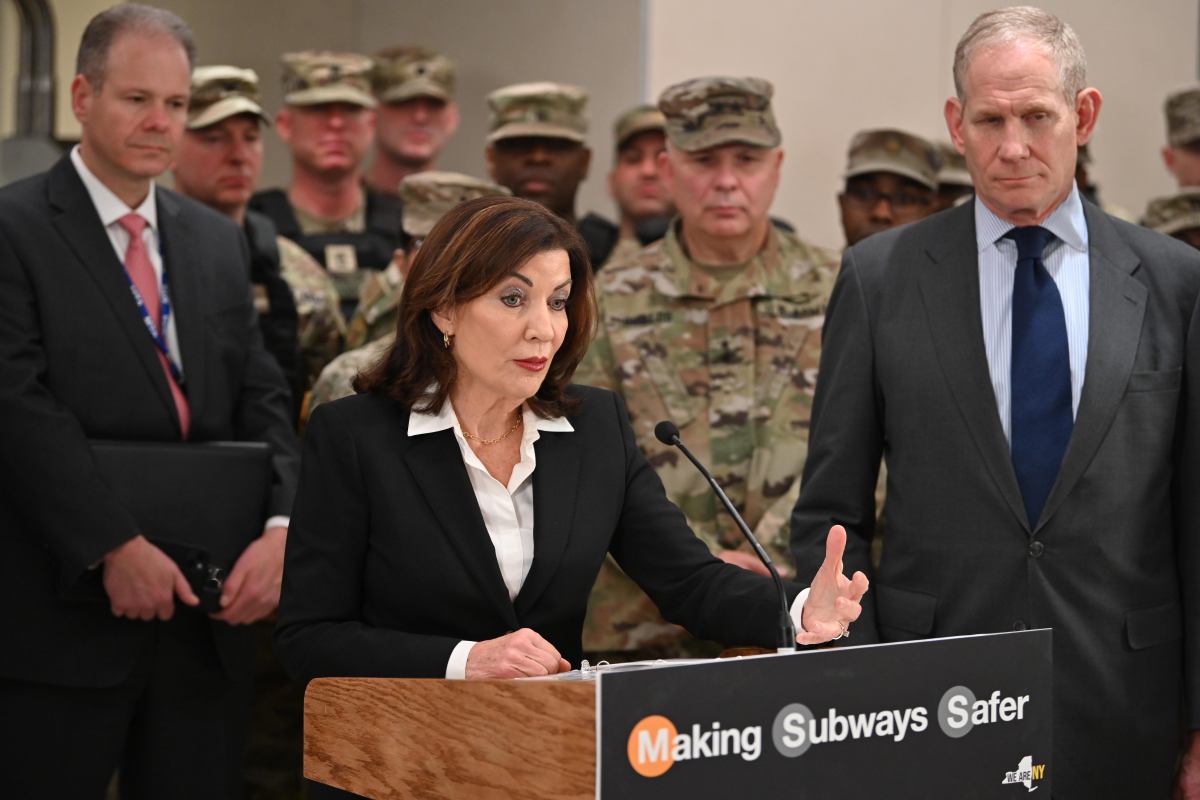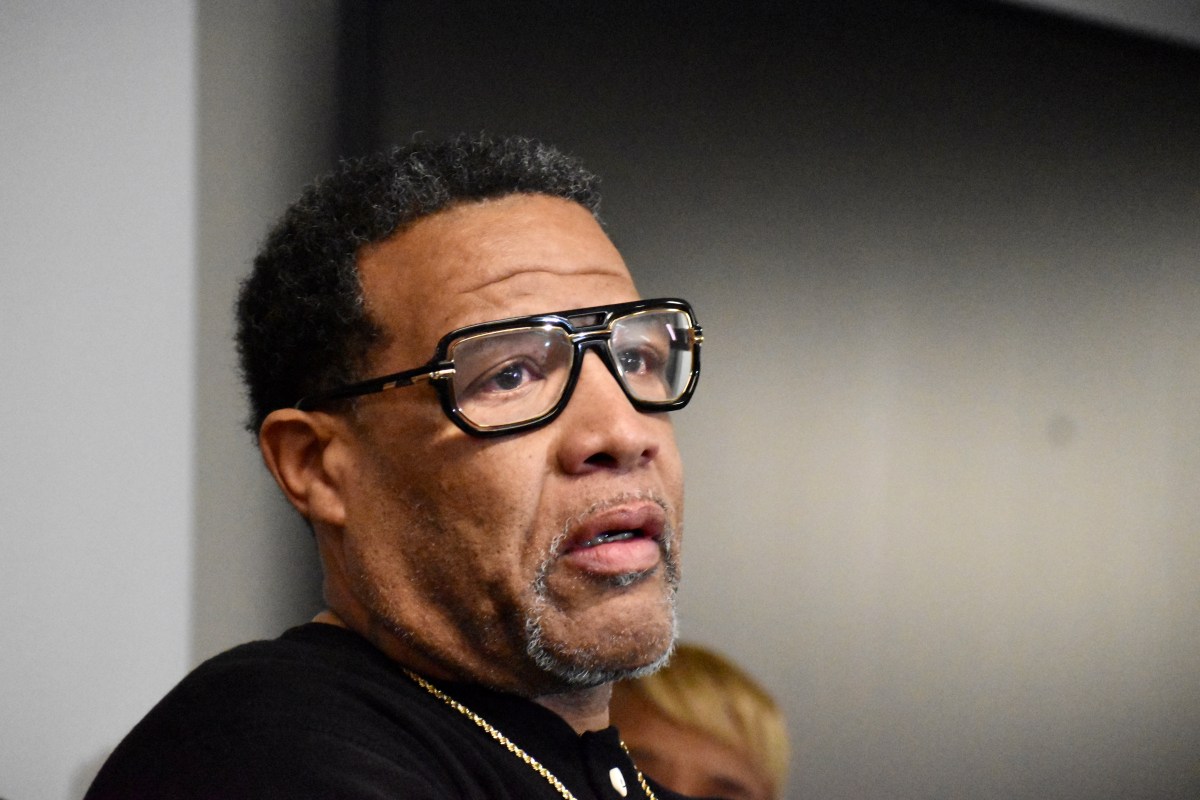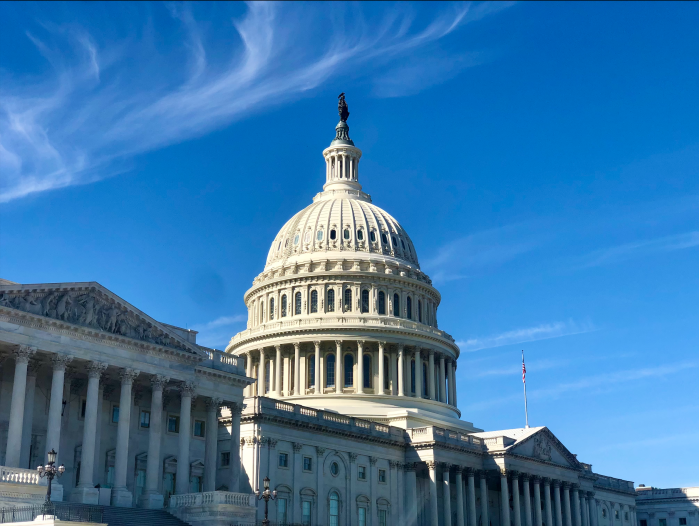SALT LAKE CITY (AP) — Republican lawmakers rallied with more than one hundred Bible-toting parents and children at Utah’s Capitol on Wednesday to protest a school district’s decision to remove the Bible from middle and elementary school libraries in the wake of a GOP-backed “sensitive materials” law passed two years ago.
Concerned parents and children holding signs that read “The Bible is the original textbook” and “Remove porn, not the Bible,” said they were outraged after the Davis School District announced that a review committee concluded the Bible was too “violent or vulgar” for young children. The committee ruled that it did not qualify as obscene or pornographic under the sensitive materials law, but used its own discretion to remove it from libraries below the high school level.
Karlee Vincent, a Davis County mother of three kids carrying children’s Bibles to the demonstration, said districts could weigh banning certain titles with controversial material, but not religious texts like the Bible.
“We love the Bible. We love God. And we need God in our nation,” she said.
The anonymously made challenge to the Bible appears to have been submitted as a statement to undermine the two-year-old law, noting the sacred text contains instances of incest, prostitution and rape. It derided the review procedures as a “bad faith process” and attacked groups that have pushed to remove certain titles from schools, including Parents United and its Utah-based affiliate.
The Bible removal is the highest-profile effort to remove a book from a school in Utah since the Legislature passed a law requiring school districts to create new pathways for residents to challenge “sensitive materials” and used a statute-based definition on pornography to define them. It has put a crossroads in front of proponents of scrutinizing materials available in schools. The pushback has also emboldened book-banning critics, who argue anger at removing the Bible illustrates arbitrary and political double standards and the issues inherent to removing books that have certain content.
“If folks are outraged about the Bible being banned, they should be outraged about all the books that are being censored,” Kasey Meehan, who directs the Freedom to Read program at the writers’ organization PEN America, said last week.
Utah Parents United President Nichole Mason said she worried the spotlight the Bible ban turned on Utah distracted from conversations about obscene materials that remain in school libraries. Defending Utah’s sensitive materials law, Mason noted that the committee determined the Bible didn’t qualify as pornographic under state statute. She doubled down on her stance that Utah should give parents more say in what’s in their kids’ schools.
“God Bless America that we can challenge any book out there!” Mason said.
State Rep. Ken Ivory, the sensitive materials law’s Republican sponsor, rebuffed the idea that his law paved the way for the Bible to be banned. Though he defended the review process after the sacred text’s removal, he said on Wednesday that the Davis School District had overstepped its role by removing the Bible from middle and elementary schools because of criteria not in state law.
He said criticism of the review process that led to the banning of the Bible didn’t relinquish the need for oversight from parents and administrators about materials in schools.
“Should we have age appropriate limits for children in school? Almost universally anyone of good faith says ‘Yes.’ The question is then: What should those limits be?” he said.
Ivory urged the Legislature to change the law so book removal decisions have to be overseen by elected officials at open public meetings, not the kind of committee that decided to remove the Bible from middle and elementary schools in the Davis School District.
Utah is among a longer list of Republican-led states that have in recent years expanded residents’ ability to challenge books and curriculum in schools and libraries. Lobbied by an ascendant parents’ rights movement, lawmakers from Florida to Wyoming have increasingly scrutinized what books are available, touching off outrage about content related to race, sex and gender in particular. New state laws have given parents additional power to challenge books and opened librarians up to potential criminal charges if they provide minors content deemed “harmful.”
Neither Ivory nor parents took issue with efforts to remove other books, including the race- and LGBTQ-related titles that account for the majority of book challenges.
Many parents and people of faith at Wednesday’s protest said they had heard little of book banning efforts until news about the Bible’s removal broke last week. They defended the Bible’s role as a foundational text, saying it shouldn’t be compared to other books that parents have challenged. They said the committee’s decision affirmed long-simmering distrust against public schools and those who make decisions governing them.
“I hope it will be part of our schools, not only to give information to our minds but character to our hearts — and the greatest character of all is Jesus Christ,” Tad Callister, the former Sunday School General President for The Church of Jesus Christ of Latter-day Saints, said of the Bible and Book of Mormon as an audience applauded.









